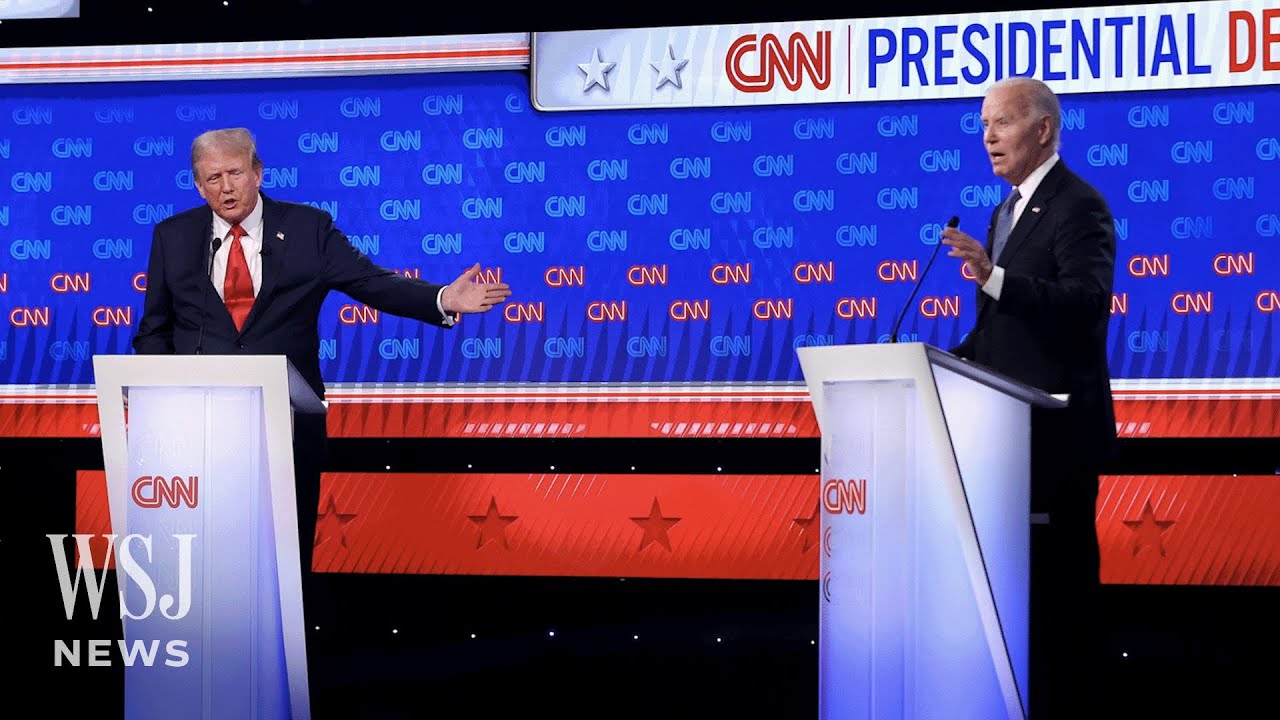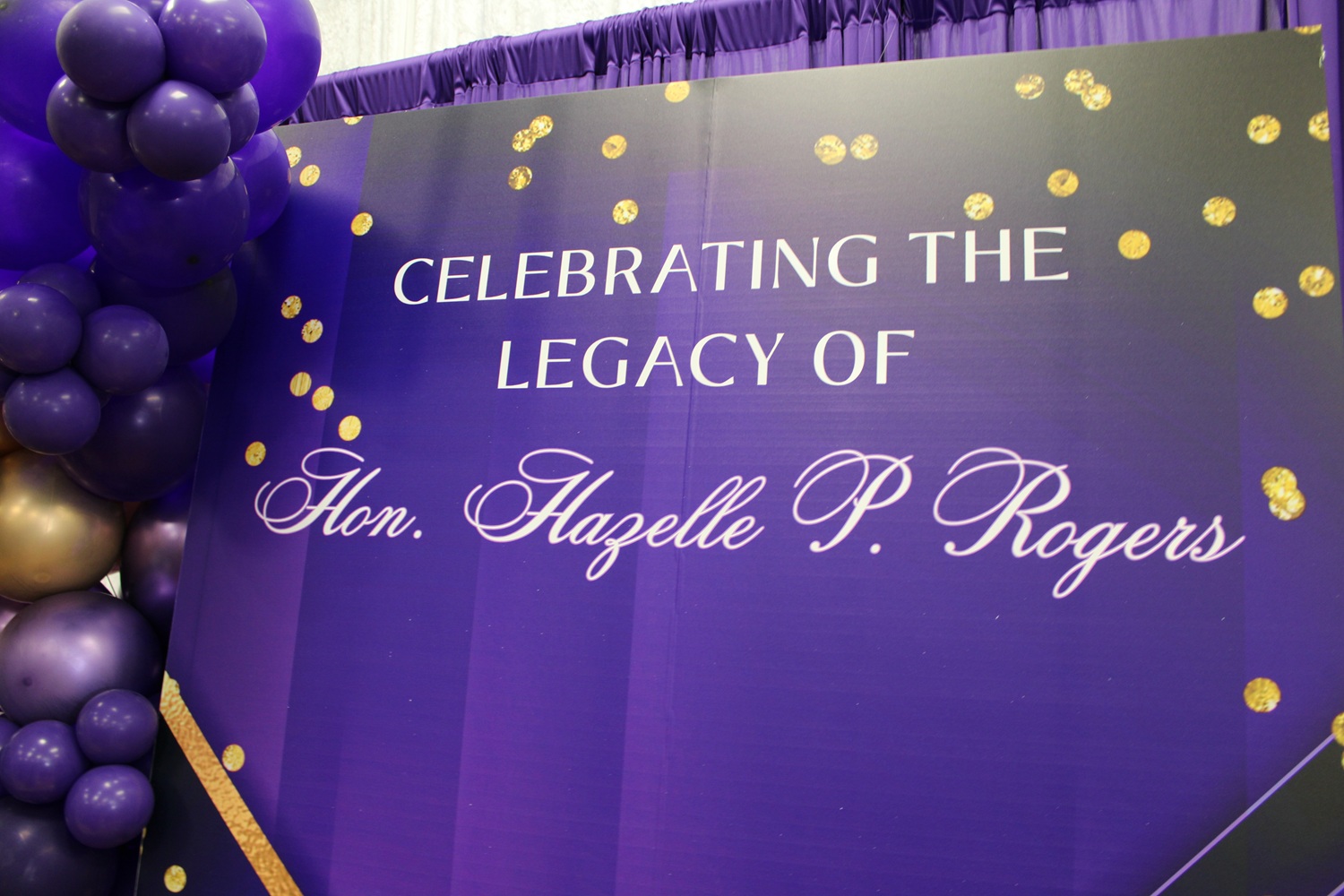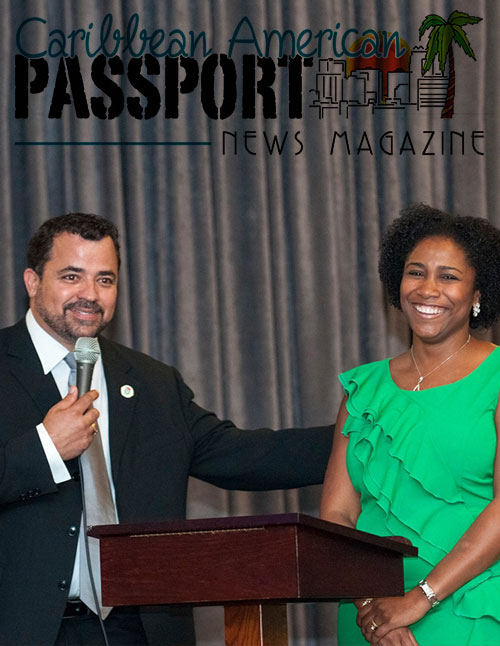The Impact of Presidential Debates on Voter Choice
Presidential debates have become a cornerstone of democratic elections, providing a platform for candidates to present their policies, challenge their opponents, and appeal directly to voters. The impact of these debates on voter choice is a subject of significant interest to political scientists, campaign strategists, and the general public. While the influence of debates can vary depending on numerous factors, they undeniably play a crucial role in shaping voter perceptions and decisions.
Historical Context
The modern era of presidential debates began with the 1960 Kennedy-Nixon debates, which highlighted the importance of television in politics. John F. Kennedy's charismatic and composed appearance contrasted sharply with Richard Nixon's less polished performance, leading many to believe that the debates were a pivotal factor in Kennedy's narrow victory. Since then, debates have been a fixture in presidential campaigns, providing voters with a direct comparison of candidates.
The Dynamics of Influence
1. Clarification of Policies and Positions: Debates offer a unique opportunity for voters to hear candidates articulate their policies and positions on various issues. This can be particularly influential for undecided voters who are looking for clarity on where each candidate stands. The detailed exposition of policies helps voters make informed decisions based on the candidates' proposed solutions to pressing issues.
2. Performance and Image: Non-verbal cues, such as body language, tone of voice, and overall demeanor, play a significant role in shaping voter perceptions. A candidate who appears confident, empathetic, and in command of the facts can enhance their appeal. Conversely, a candidate who seems evasive, unprepared, or overly aggressive can damage their image. The visual and emotional impact of a candidate's performance can sometimes outweigh the substance of their arguments.
3. Media Framing and Spin: Post-debate analysis and media coverage can significantly influence how the debates are perceived by the public. Media outlets often highlight key moments, gaffes, or particularly strong performances, which can shape the narrative around the debate. Pundits and analysts provide commentary that can reinforce or challenge voter perceptions, further influencing their choices.
4. Reinforcement of Pre-existing Views: For many voters, debates serve to reinforce pre-existing preferences rather than change minds. Supporters of a candidate are likely to view their performance favorably, while opponents may interpret the same performance negatively. This confirmation bias means that while debates are crucial, their ability to sway committed voters is limited.
5. Impact on Undecided Voters: Undecided voters are often the most influenced by debates. These individuals are seeking reasons to support one candidate over another, and a strong debate performance can provide the necessary push. Candidates who can effectively communicate their vision and connect with these voters on a personal level may gain a crucial edge.
Case Studies
1980 Reagan-Carter Debate: Ronald Reagan's famous line, "There you go again," during the debate against incumbent President Jimmy Carter, combined with his optimistic vision for America, helped sway undecided voters in his favor, contributing to his decisive victory.
2000 Bush-Gore Debates: The debates between George W. Bush and Al Gore were notable for Gore's perceived sighs and condescending demeanor, which negatively impacted his image. Bush's more personable and relaxed style resonated better with voters, aiding his narrow victory.
2016 Trump-Clinton Debates: The highly contentious debates between Donald Trump and Hillary Clinton highlighted stark differences in style and substance. While Clinton was often seen as more knowledgeable on policy, Trump's unconventional and assertive approach appealed to many voters seeking change, contributing to his eventual win.
Presidential debates remain a vital component of the electoral process, offering voters a direct comparison of candidates in a high-stakes environment. While their impact on voter choice can vary, debates provide clarity on policies, showcase candidate performance, and can be pivotal for undecided voters. As media coverage and voter engagement continue to evolve, the significance of debates in shaping electoral outcomes is likely to endure.


















